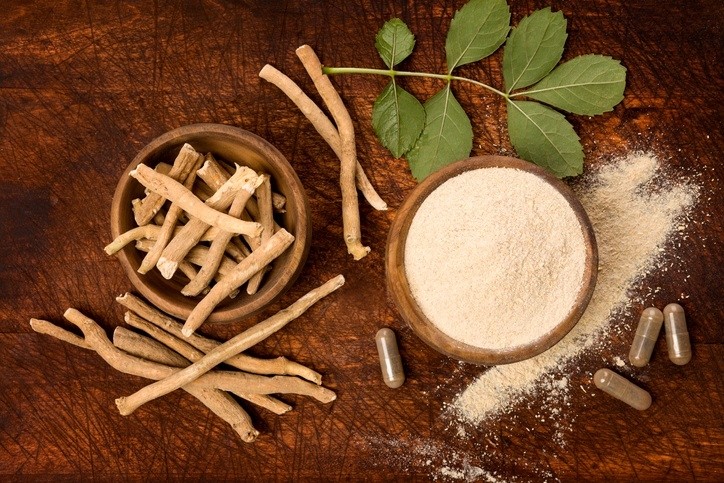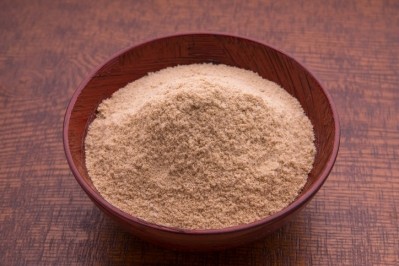Taiwan FDA to set consumption limits on ashwagandha and seven other botanicals

The rules are currently open for public feedback until September 26.
One of the rules states that the daily consumption of ashwagandha (Withania somnifera) dried leaves and root extract will be limited at 250mg.
The warning statement “unsuitable for use in infants, toddlers, pregnant women, elderly, and people with weak gastric functions” should also be stated on the product labelling.
The actives from both ashwagandha leaves and roots should be extracted using water and dried before consumption.
Ashwagandha, also known as Indian ginseng, has been consumed for a variety of uses, including stress relief and mental wellbeing.
The other seven botanicals that the Taiwan FDA is regulating include devil’s claw (Harpagophytum procumbens), coatbuttons (Tridax procumbens), noni (Morinda citrifolia), Crassula argentea, husk from the Plantago species, Cistanche tubulosa, and sugarcane.
Dried devil’s claw leaves, which has been used in nutraceuticals for supporting the immune system and liver health, could only be consumed as tea, similarly for coatbuttons and noni. The two have been used to treat diarrhoea and to support the immune system respectively.
Tea products containing devil’s claw are not suitable for pregnant women, as well as those suffering from gastric ulcer, duodenal ulcer, heart palpitations, and gallstones.
Consumers should be warned of its side effect, specifically, “stimulating the secretion of stomach acid”. It should not be taken with antibiotics, anti-inflammatory medicines, and anti-coagulant medicines as well.
The daily consumption coatbuttons is limited at three grams and one gram for noni tea. Both products are unsuitable for pregnant and young children.
Consumption limits on dietary fibre, TCM ingredient
The consumption of psyllium (Plantago ovata) husk, commonly used as a dietary fibre or prebiotic, would be limited at 10.2g daily.
The limits will also be applied to the husk of Plantago asiatica, Plantago depressa, and Plantago psyllium.
Consumers should be informed to take these products with sufficient amount of water on the product labelling.
Desert hyacinth (Cistanche tubulosa), on the other hand, is commonly used in traditional Chinese medicine for its neuroprotective, immunomodulation, antioxidant and liver protection effects.
The regulator is planning to limit its use to 450mg per day and listing it as unsuitable for infants, pregnant women, breastfeeding women, and those taking anticoagulant medicines.
The consumption of sugarcane (Saccharum officinarum) wax extract is limited at 300mg daily and the products are unsuitable for children below 12 years old and pregnant women.
Sugarcane wax contains policosanol – a mixture of long-chain alcohols that are also found in beeswax. Studies have suggested that it could help reduce serum cholesterol levels.
Lastly, the daily consumption of Crassula argentea is limited at 120mg but it is unsuitable for use in infants and individuals with low blood glucose, anaemia, and those who are allergic to the plant.



















